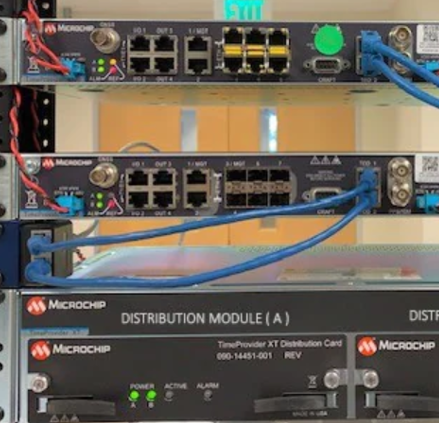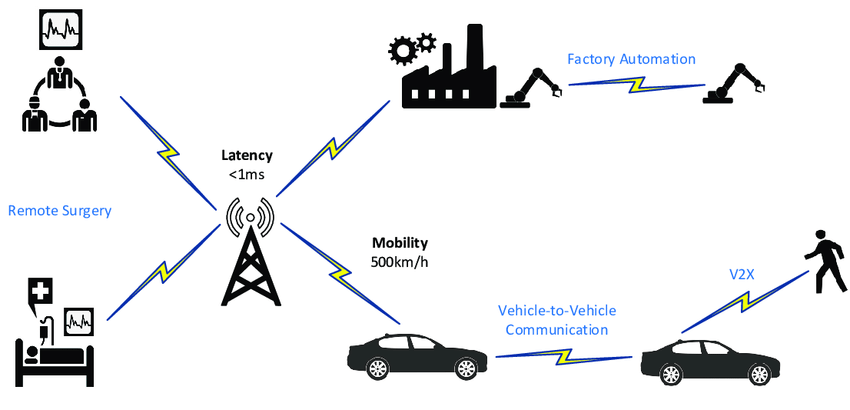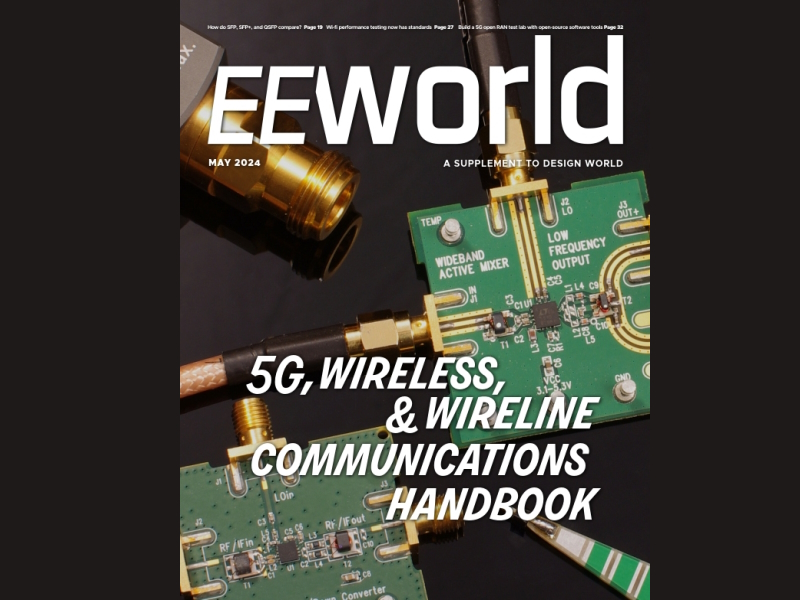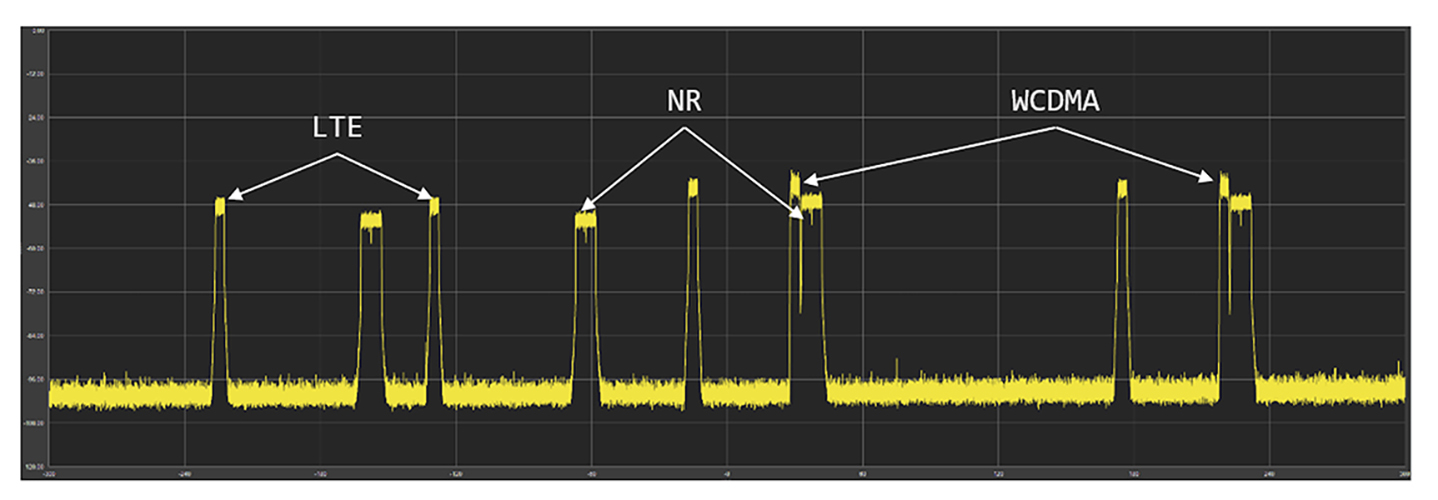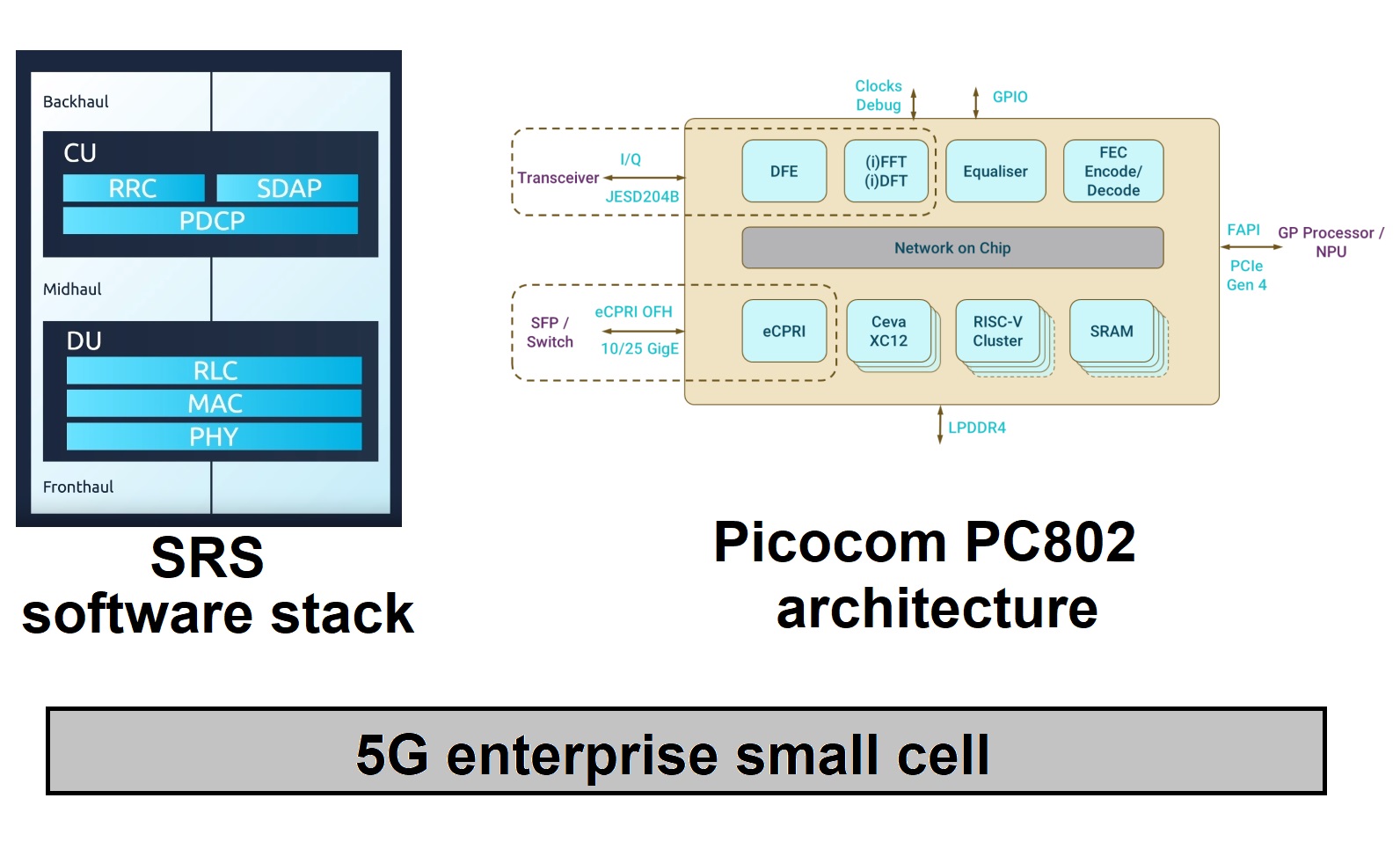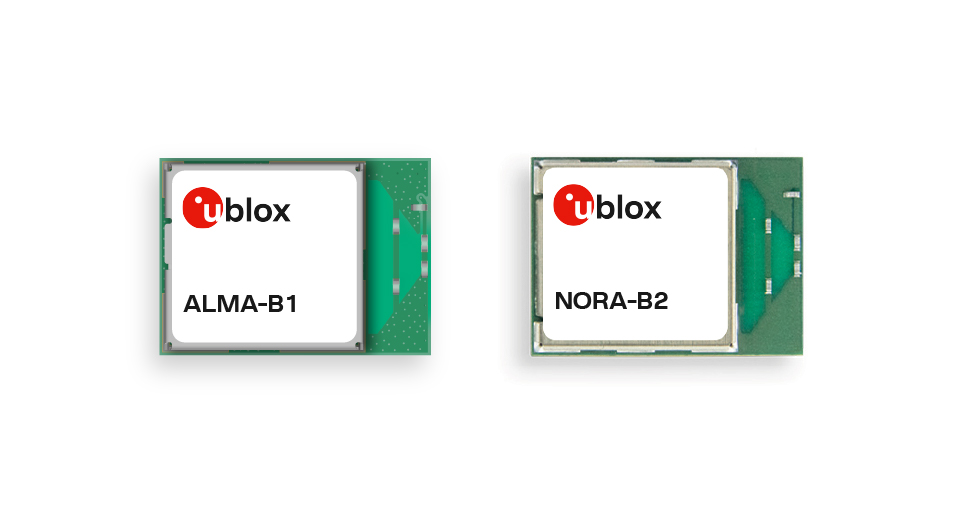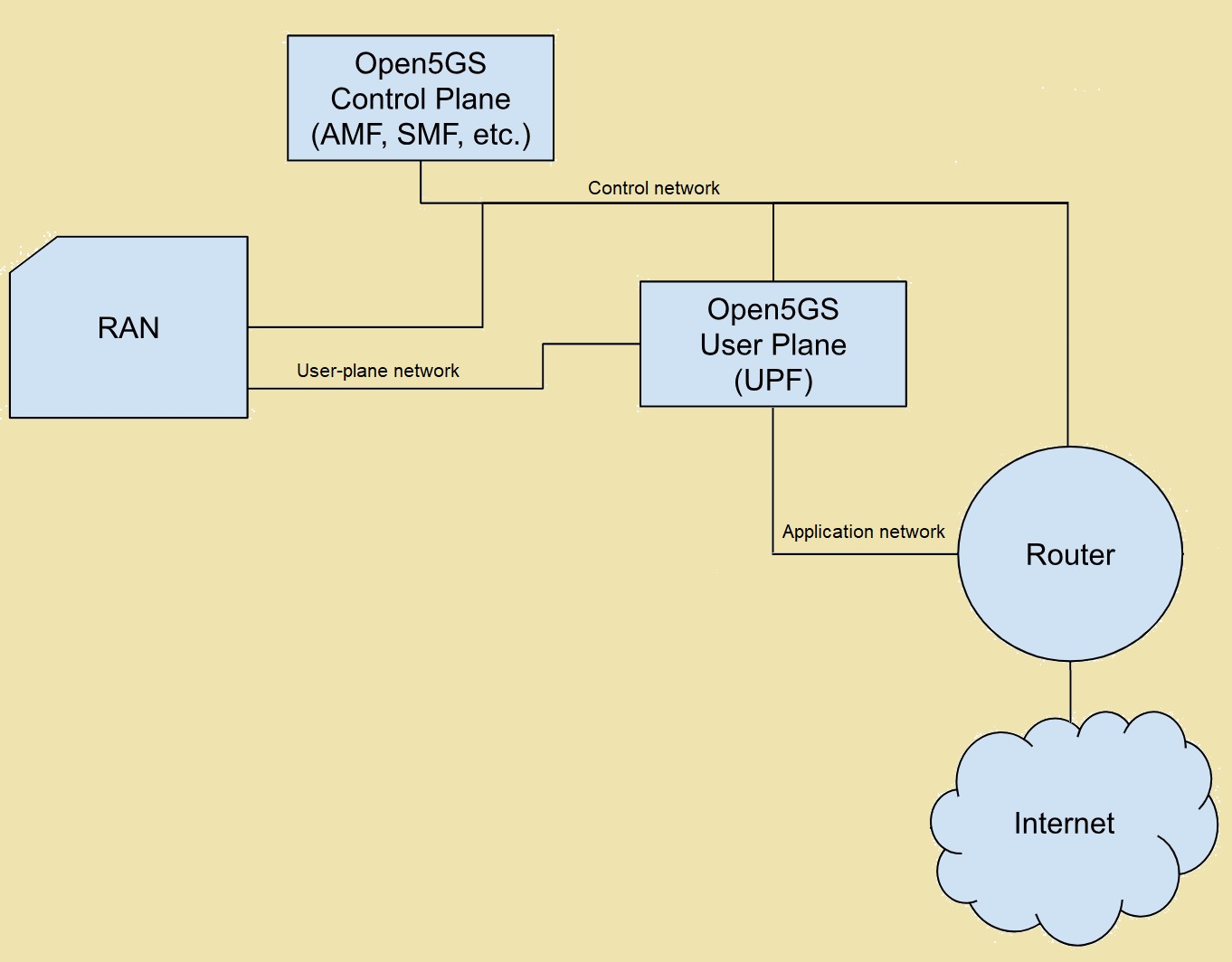The Global Certification Forum (GCF) announced that it is adding certification for devices using 450 MHz bands. This will enable compliance with the highest quality and interoperability requirements for devices operating in the 400 to 450 MHz spectrum range, with LTE bands B31 and B72 initially in scope. Cellular bands in this spectrum range are becoming the…
Timing module extends the life of legacy network equipment
Microchip Technology announces the new TimeProvider XT Extension System, a fan-out shelf used with redundant TimeProvider 4100 grandmasters to migrate legacy BITS/SSU equipment to a modular and resilient architecture. The TimeProvider XT provides operators with a clear path to replace existing SONET/SDH frequency synchronization equipment while adding timing and phase, essential for 5G networks. As…
What are 5G’s, the different types, and how are they used?
5G is much more than cell phones. IoT devices, medical devices, and industrial devices can connect to networks using technologies such as TDD, network slicing, and beamforming. 5G New Radio (NR) made its long-awaited commercial debut in late 2018. Offering significantly faster speeds and greater capacity compared to 4G Long Term Evolution (LTE), 5G NR…
Our 2024 Communications Handbook is here
EE World announces its 2024 5G, Wireless, & Wireline Communications Handbook in digital form. It’s that time again. EE World’s 2024 5G, Wireless, & Wireline Communications Handbook is here. The 41-page e-book contains ten technical articles plus an editorial. This year, we cover: Network timing, mmWaves (two articles), Power amplifiers (three articles), test & measurement…
How GaN PAs in 5G radios push test requirements
Proper PA development, validation, and characterization are important because a PA often accounts for a significant portion of a transmitting device’s power consumption.
5G software stack runs on small cell PHY SoC
Integrate a 5G Open RAN L1-L3 software stack into a small-cell design.
Two Bluetooth modules bring high-end MCU, low power to IoT devices
u-blox has announced two additions to its Bluetooth LE portfolio, ALMA-B1 and NORA-B2. The modules are based on the latest generation nRF54 Series Systems-on-Chip (SoCs) from Nordic Semiconductor. They both support Bluetooth LE 5.4 and Thread/Matter technologies in a compact, power-efficient, and secure format. ALMA-B1 and NORA-B2 are designed for a wide range of IoT applications, including…
Choose a 5G base station’s PA bias control circuit
Bias control of PAs is crucial to ensure optimum radio performance under all conditions. Current sensing and temperature sensing provide the feedback needed to control the PA bias. The choice of sensing and biasing circuits brings design trade-offs. 5G base station power amplifiers (PAs) need biasing using a separate bias controller to maintain optimum performance…
Front-end mmWave IC combines PA, LNA, and switch
mmTron announced its first single-chip front-end IC for mmWave communications. Covering 24 to 30 GHz, the TMC252 integrates a power amplifier (PA), low noise amplifier (LNA), and transmit-receive switch on a single GaN IC that is available as a die or packaged in a 5 mm x 5 mm air-cavity QFN. The TMC252 is well-suited…
Build a 5G Open RAN test lab with open-source software tools
Open-source software provides network components that you can use to simulate 5G network functions from the network core to the radio. Developing and deploying a laboratory infrastructure to support testing 5G and open radio-access network (Open RAN) systems can present a daunting and complex task. Prior to Open RAN, this task was only possible by…


